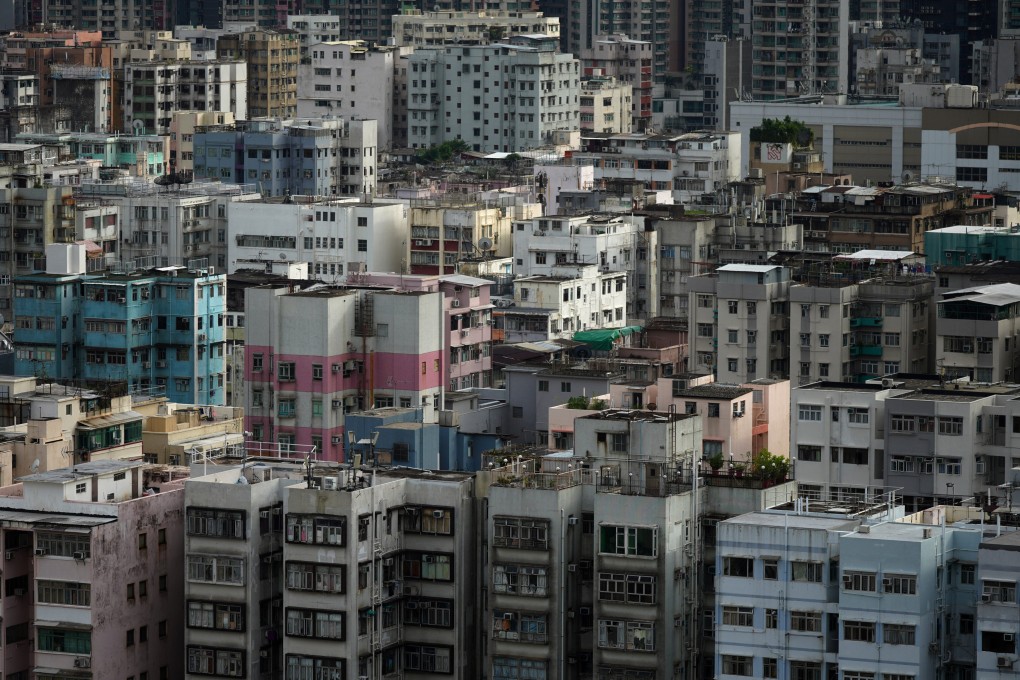Hong Kong task force on subdivided flats recommends tying rent increases to market index, capping raises at no more than 15 per cent
- Pegging rent increases for the often-cramped dwellings to the Rating and Valuation Department’s existing index would prevent exorbitant spikes, the task force says
- Landlords of subdivided flats would only be allowed to raise rents by the rate reflected in the index, or 15 per cent, whichever is lower

Tens of thousands of subdivided flats, home to some of Hong Kong’s poorest people, should be subject to rent controls tied to an existing index that reflects the general market, with raises capped at no more than 15 per cent, a government-appointed task force has recommended.
Pegging rent increases for the often-cramped dwellings to the local index would prevent exorbitant spikes and keep prices in line with the general trend in the residential market, the task force said on Wednesday.
Unveiling its proposal, task force chairman Dr William Leung Wing-cheung defended the 15 per cent figure as appropriate, although it was higher than the 10 per cent ceiling for a separate mechanism that regulated rents of public housing.
“[Subdivided units] are not provided by the government. The owners of SDUs are actually ordinary citizens so they have no obligation to help subsidise housing for the low-income group,” he said.

Lam acknowledged that many low-income families were forced to live in subdivided units due to the long waiting time to obtain public housing, and might need protection from being overcharged.